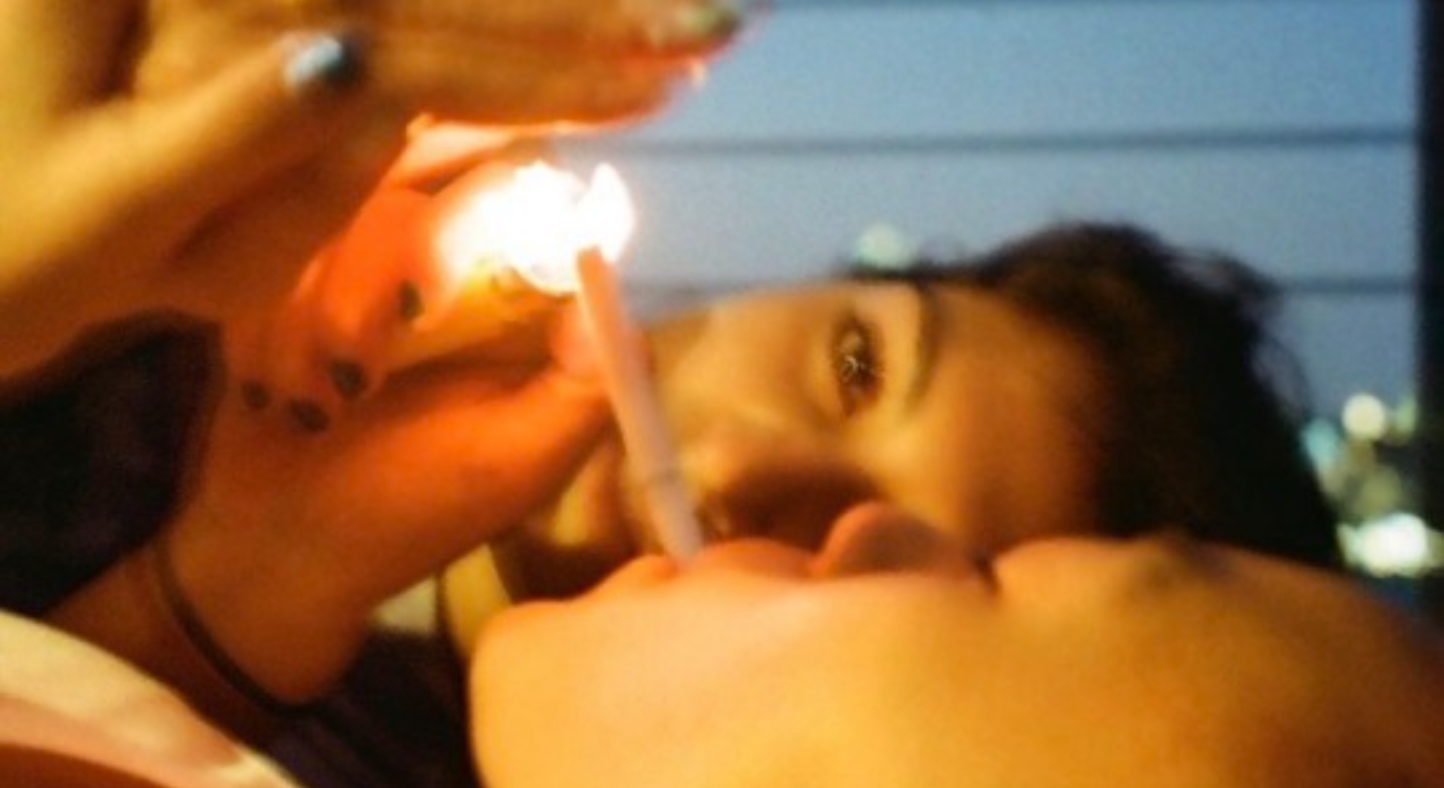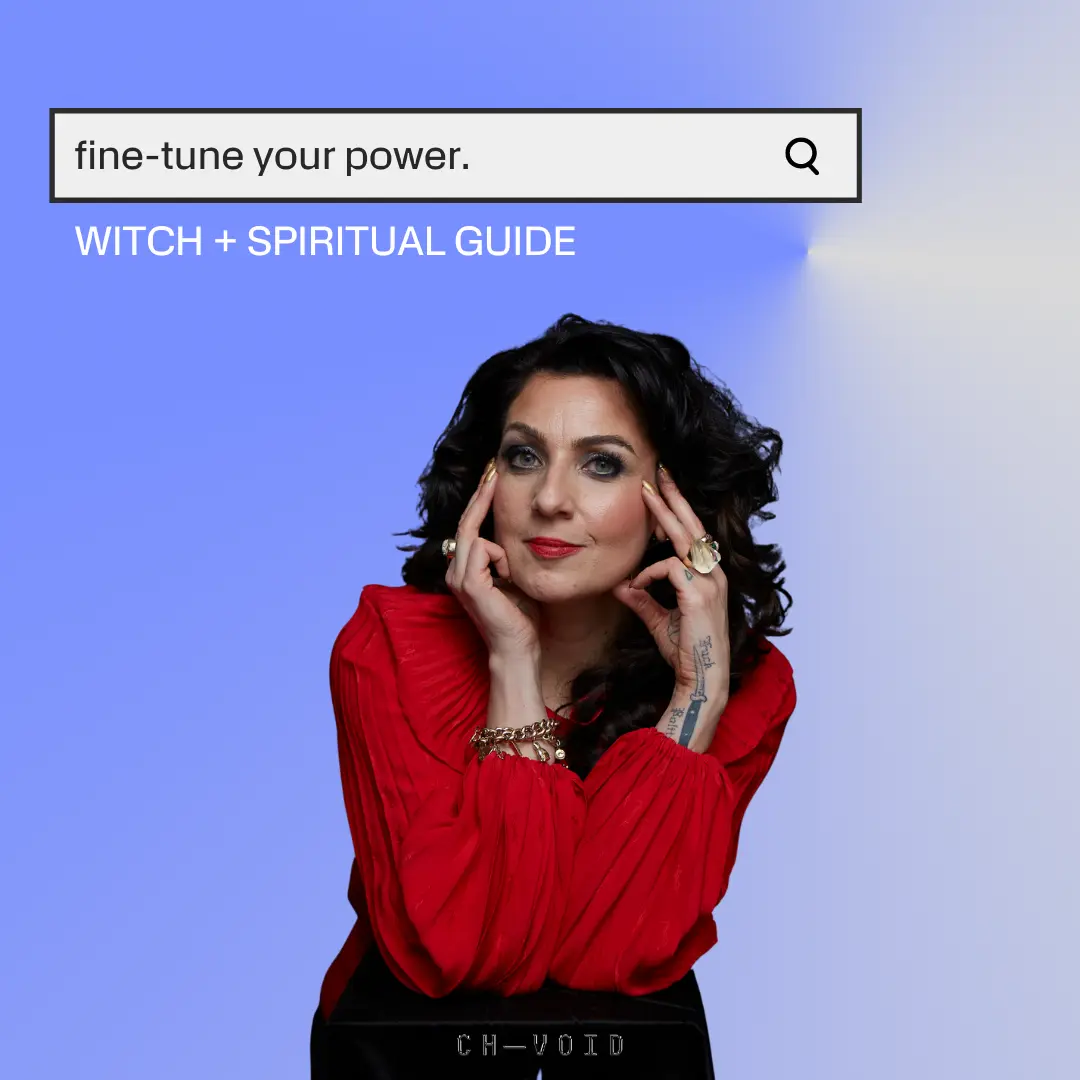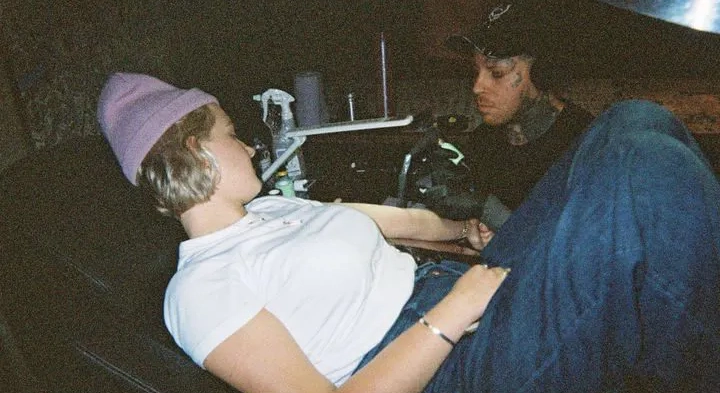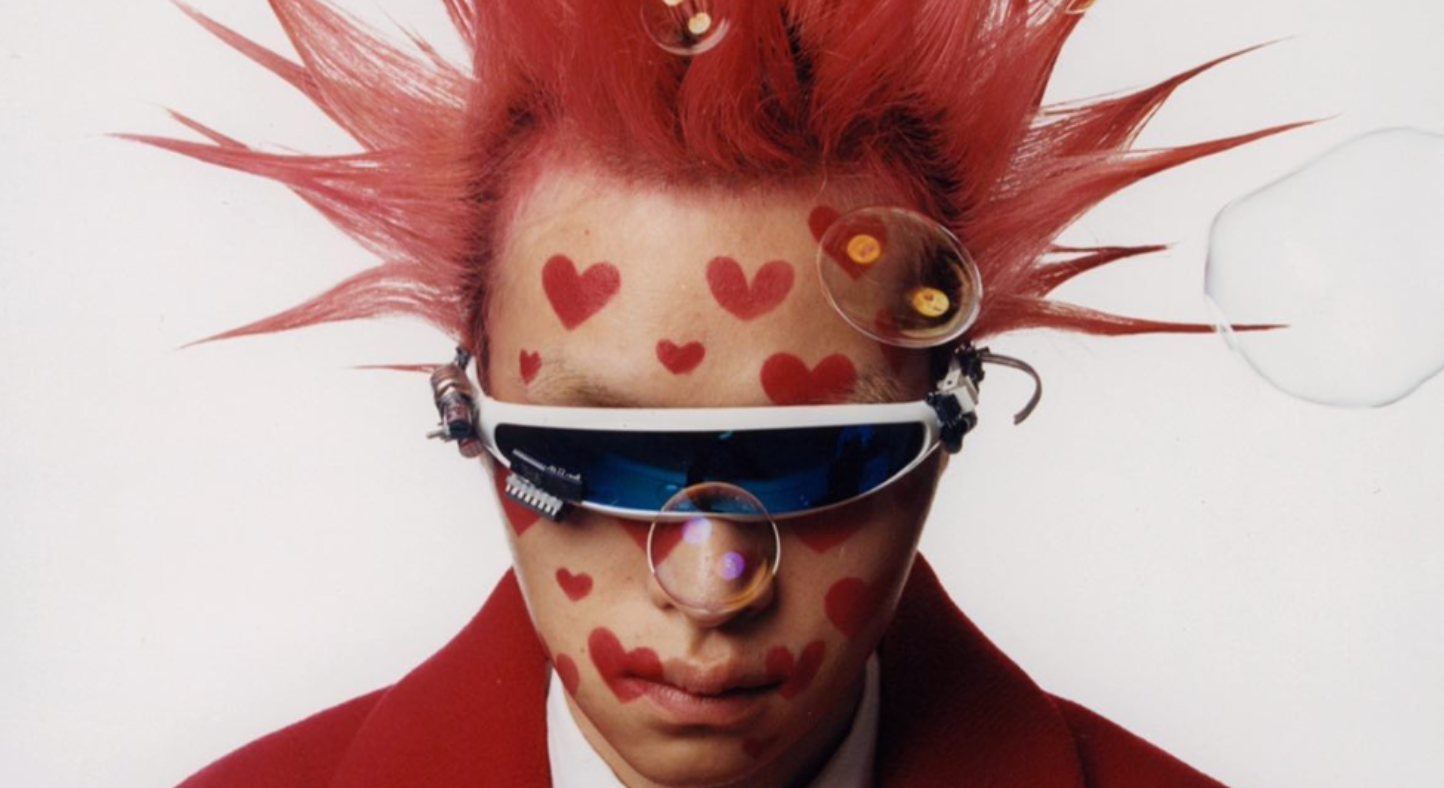When the high doesn’t feel the same anymore
From social smoking to addiction.
The idea of getting high was a foreign concept to me for a large part of my childhood. I was 16 when I started smoking weed, which to me still seemed rather premature despite the fact I grew up in Byron Bay. Prior to the divorce between my parents at the age of 7, I was thrown into this semi-independent lifestyle, finding comfort and closure through being alone for excessive periods of time. During my early years of high school, I was shy, anxious and felt pressure and expectation to attend parties, gatherings, and any social events. I guess you could say I was a ‘good boy’: a straight-A student, always in school uniform and participating in after-school sports. I mean most kids usually go through that period, and change comes in only a matter of time. For me, change came when I was introduced to smoking weed.
I vividly remember my first time. An innocent 16-year-old in a pair of old-school vans and ripped chinos trying to make a good impression on some close friends. To them, smoking weed was a weekend ritual, to me, it was an overwhelming experience. After rebelliously sneaking out from my friend’s house just after 10 pm, we perched on a rundown park bench right next to the beach – not the ideal location to smoke weed for the first time. Getting high was an experience unexplainable. It was like I was floating, peacefully drifting through life with a heightened desire to laugh, eat food and do impulsively stupid things. I remember subconsciously looking around the table examining everyone’s eyes and then asking what seemed like a reasonable question, “do you think i’m high?”. Everyone just burst out laughing, including me. Over the course of that night, we spoke on a diverse range of topics including the precise number of genders in the universe, what rhymes with orange and who of us were most likely to have kids before leaving our teens. It was the quirkiness of this that provoked my desire to relive the experience over and over.
Being sober felt like a chore. I started to hate the simple things in life, things like spending time with the family, going on peaceful walks in nature or playing sports, things I used to love.
ZAHI ADDIS
For the next couple of months, smoking weed had become a ‘weekend ritual’. Blunts, cones, joints, anything that would get me high. It quickly became my primary desire. I would sit in class Monday through Friday staring at the clock, either reminiscing on the previous weekends when I was high or longing for the weekend in advance. The physical action of smoking weed was just a small part of my reasoning for doing it. It was the surrounding factors that attracted me the most. People started accepting me. It may not have been for who I truly was, but that didn’t come to my concern. I started getting invited to parties and hanging out with girls, which both seemed beyond my reach just 10 months ago. I was engaging in a lifestyle that appealed to all adolescents. Participating in drug-related experiences overrode my insecurity of being different from everybody else, it made me feel like somebody that wasn’t really me.
After nearly a year of smoking weed, things changed. All my childhood goals and ambitions had left, along with my self-worth and dream of becoming a professional soccer player. Being high had become my natural state. From an emotional perspective, it was probably the lowest point in my life. Being sober felt like a chore. I started to hate the simple things in life, things like spending time with the family, going on peaceful walks in nature or playing sports – things I used to love. The strangest part of the whole experience was that apart from my best friend, nobody else knew what I was going through. I made sure I was never caught by my parents and I was too ashamed to tell my siblings. I never blamed weed for the deterioration of my mental health or my constant state of tiredness, and I never considered it would be the reason I’d cough up blood after brushing my teeth. Being 16, I wasn’t old enough to fully comprehend the extent to which I was addicted and the ways in which it was affecting me. It felt like I was in a constant battle with myself. I quickly became severely depressed and lost all motivation for just about anything besides getting high.
It wasn’t until a family trip to Melbourne that I was forced to be sober for an excessive period of five days. It was during the summer holidays, which for me, along with every other teenager, was peak time to be partying and doing drugs. The week leading up to our trip was probably the most anxious and nervous I’ve been. At one point I even contemplated not going. It wasn’t because there was a minimal chance that I could get ‘fucked up’ on a family trip away, instead it was the idea that being sober was almost a new experience for me. It sounds ridiculous, but in all honesty, it frightened me. I didn’t know how I would feel – if my body was going to cope. To provide a contrast, it’s like leaving your family home and going to live with people you’ve never met, in a location you’ve never been. It sounds extreme, but that’s honestly how it felt. The whole idea was deeply confronting.
Despite all of these scenarios built up in my head, the first day I spent in Melbourne, sober, was probably the happiest I’d been in the last year and a half. Maybe happy isn’t the right term, as it was more or less just that I felt less sad/depressed than usual. I remember going into a public toilet in the midst of shopping, sitting there and crying tears of joy and sadness. It was only then when I really kind of understood how much I was going through. I sat in that toilet for two hours, and after getting home, slept for five hours total over the four nights we had left. I had crazy insomnia, lost my appetite and when I did sleep, I would be waking up in pools of cold sweat. When deciding to stop, it’s not like all the negative experiences and side effects of smoking leave within an instant. Addiction doesn’t work like that. Many people in society don’t understand that concept. I hear it all the time, “why didn’t you just quit ?”, “you shouldn’t have gone this far”, and “it’s simple, just don’t smoke again”. I saw a variety of different specialists, psychologists and even mentors at rehab. Not a single response I received made me feel different from how I did prior to walking into that room. Change has to come from within. You must want to, and be willing to change. Living in our modern, self-indulgent society, people pay minimal attention to the external factors within their lives. This leaves me with the question, how many kids are going through a similar experience? and what if kids are dealing with much more dangerous addictions, and can’t seek the help they need? The thought concerns me.





















